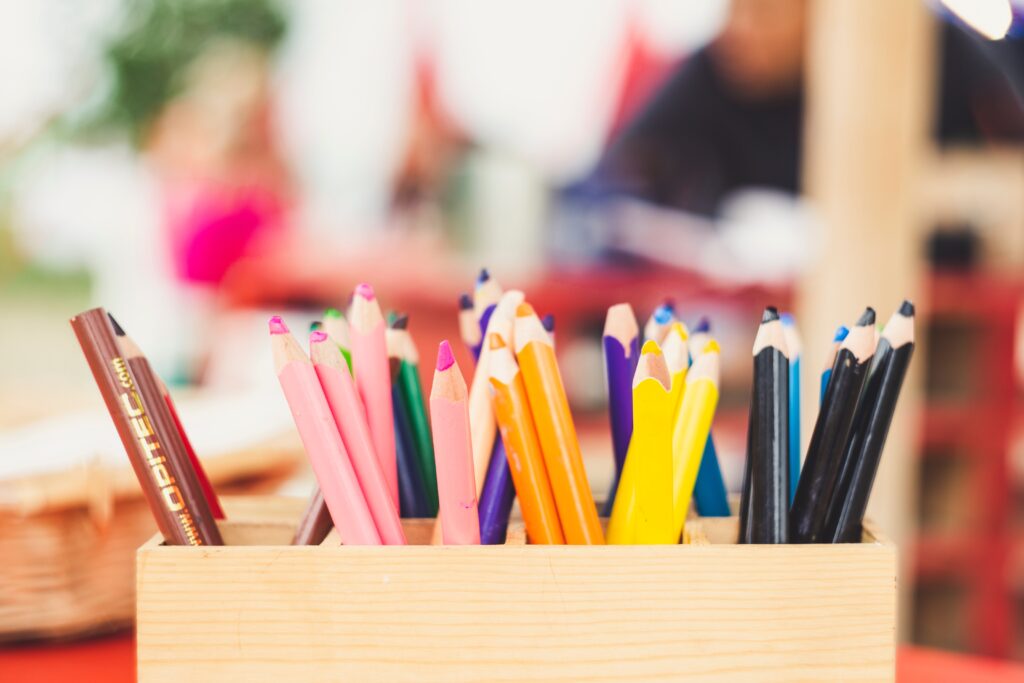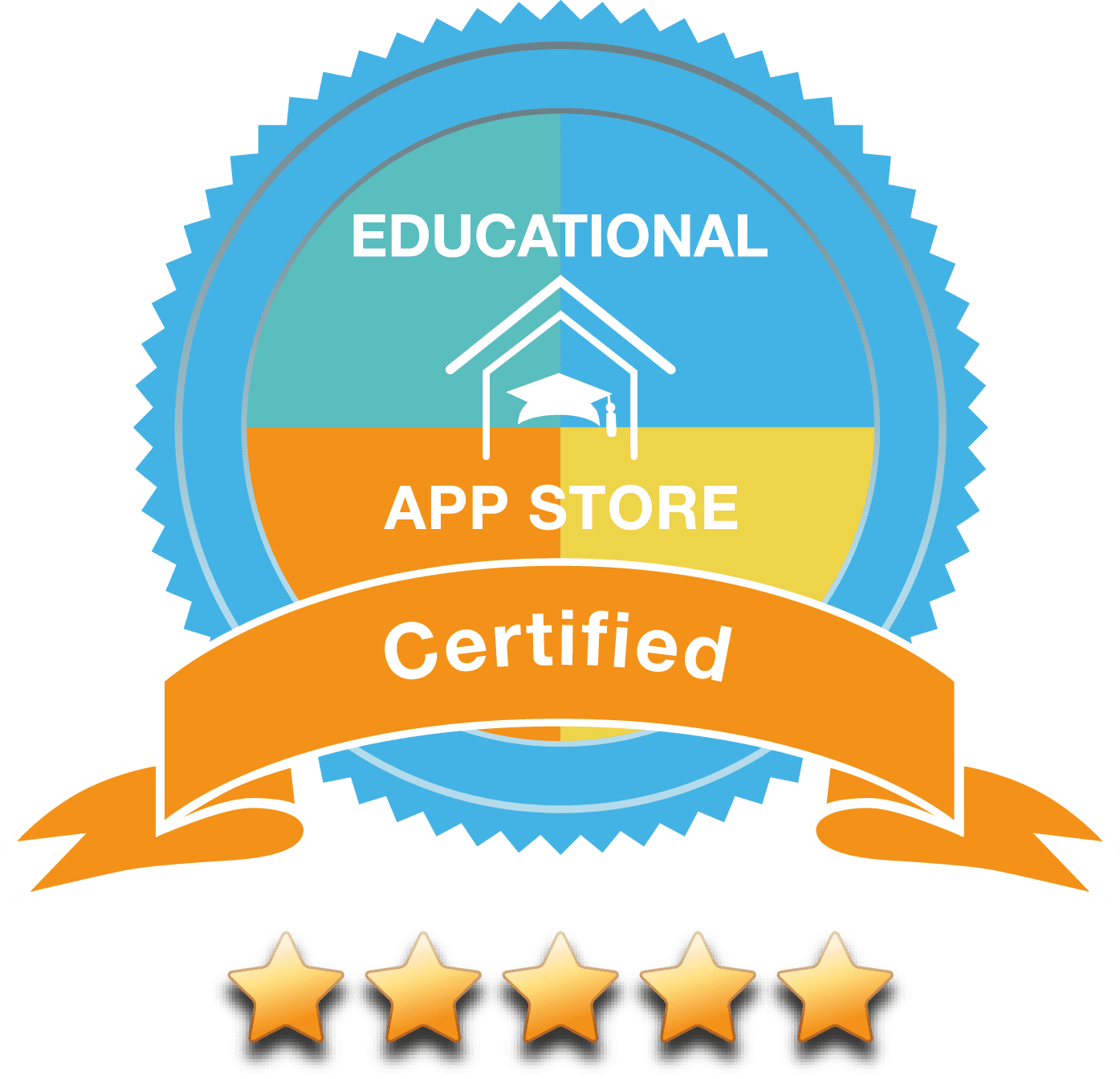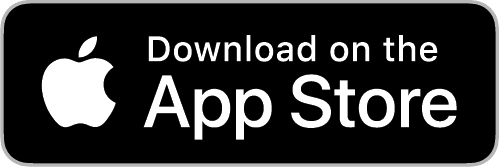5 Common Barriers to Communication in Schools

Effective communication is essential for nurturing a successful school environment. Good communication between teachers, students, and parents can create a positive learning space and improve academic outcomes. However, several barriers to effective communication exist in schools, hindering the flow of information and leading to misunderstandings. In this blog, we explore five common barriers to communication in schools.
Language Barriers
Language barriers are one of the most significant obstacles to effective communication. When students and parents speak different languages, it can be challenging to understand each other. To overcome this barrier, schools can use translation and interpretation services, either in-person or through a school communication app. Teachers can also use visual aids such as pictures, diagrams, and videos to make communication easier. However, effective communication isn’t just about words. Paying attention to non-verbal cues such as body language is also crucial. By seeking different ways to communicate positively, both students and teachers can better understand each other and work together to achieve academic success.
Technological Barriers
In today’s digital age, technology plays a significant role in communication. However, technological barriers such as outdated equipment, poor internet connectivity, and lack of technical skills can hinder effective communication in schools. Teachers and administrators need to be proficient in using technology to communicate with students, parents, and colleagues. By identifying these barriers, schools can take steps to overcome them, such as offering training to teachers, students, and parents, and investing in reliable technology. With improved communication and the use of school communication apps, the educational process can become more collaborative, leading to better academic outcomes for students
Physical Barriers
Physical barriers such as noisy classrooms, poor lighting, and crowded spaces can also hinder effective communication in schools. Students and teachers may find it challenging to hear, understand each other or retain full attention in noisy classrooms or poorly lit spaces. Schools need to provide comfortable and conducive learning environments that facilitate effective communication.
Cultural Barriers
Cultural differences can also create communication barriers in schools. Different cultures have different communication styles, customs, and expectations. These differences can lead to misunderstandings, misinterpretations, and conflicts. Schools need to educate their staff on cultural sensitivity and diversity to avoid cultural barriers to communication. Teachers should also be aware of a child’s cultural upbringing and heritage in order to develop stronger communication pathways with parents, whanau or community members.
Emotional Barriers
Emotional barriers can hinder effective communication in schools. Students experiencing anxiety may struggle to communicate with their teachers, and stressed teachers may find it difficult to communicate with students. To overcome these barriers, schools can promote active listening and a positive environment that encourages open communication. Counselling services and classroom activities that support mental health and well-being can create a safe and welcoming environment for all. By addressing emotional barriers, students and teachers can communicate effectively, leading to improved academic outcomes and a better school experience for all.
In conclusion, effective communication is critical in schools to foster positive relationships, improve academic outcomes, and create an inclusive learning environment. However, several barriers to communication can exist, hindering the flow of information and leading to misunderstandings. Schools can promote effective communication by using school communication apps such as Skool Loop to foster the development of good communication strategies and overcome some of these barriers.
Talk To Our Friendly Team!
Want to know more about Skool Loop? Our friendly support team is ready to answer any questions you may have.
Creative Website Design By Digital Refinery



